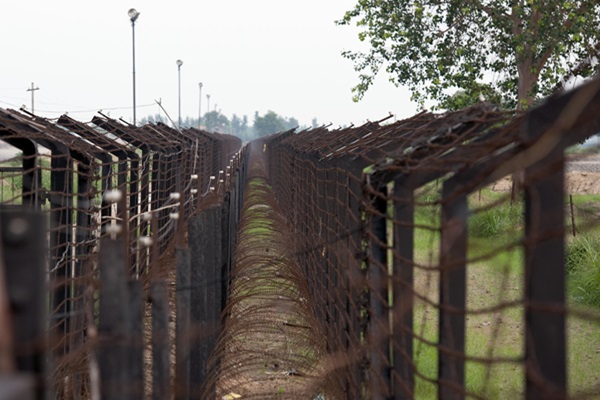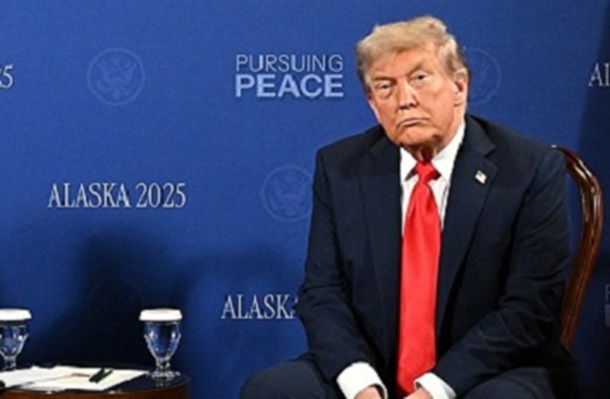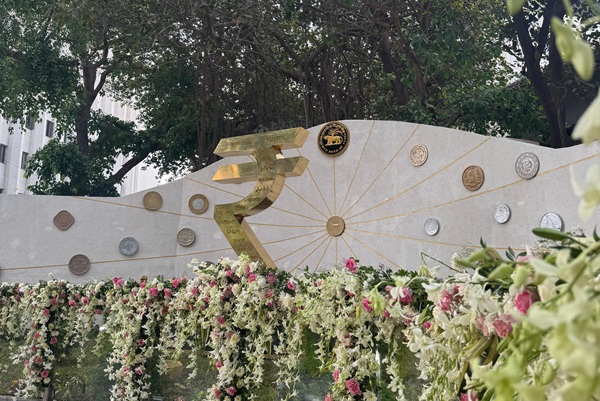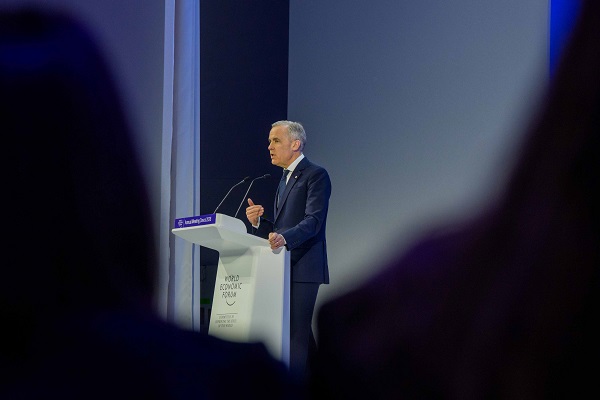.png)
Saibal Dasgupta is an author, veteran journalist, and noted China expert who has reported from Beijing since 2005 and contributes to global media and think-tanks.
May 7, 2025 at 8:52 AM IST
India has defended its honour with resolve. The airstrikes targeted terrorist camps in Pakistan, signalling a decisive opening move in what is sure to become a battle of narratives.
No country in the world can blame India for precision strikes—a system introduced by the US—that came after 16 days of careful planning since the April 22 bloodletting in Pahalgam by Islamabad-backed terror groups. This is evident from the first statement from China's foreign ministry, Pakistan’s closest ally.
“China opposes all forms of terrorism. We urge both sides to act in the larger interest of peace and stability, remain calm, exercise restraint, and refrain from taking actions that may further complicate the situation,” the ministry’s spokesperson said.
How Muslim countries like Saudi Arabia and UAE with deep economic ties with India would respond is crucial because Arab funding and moral support is crucial for Pakistan. There is no sign of outright support for Pakistan. Sheikh Abdullah bin Zayed Al Nahyan, UAE Deputy Prime Minister has called on India and Pakistan to exercise restraint, de-escalate tensions, and avoid further escalation that could threaten regional and international peace.
Pakistan can still escape massive, unbearable damage if it admits to the role of state-sponsored terrorism and hands over terror leaders, including Lashkar-e-Taiba’s Hafiz Muhammad Saeed to Indian authorities. The Sharif government in Pakistan needs to restrain its self-serving army chief, Asim Munir, from hitting back because India is ready for a long war that he cannot afford.
As the world watched, India presented two women officers, Col. Sofiya Qureshi and Wing Commander Vyomika Singh, during the first press conference after “Operation Sindoor,” reminding the world of the April 22 massacre that left 26 families with widows, orphaned children, and miserable parents.
Four of the nine strikes went beyond the border and hit targets in its Punjab province, the home of most politicians and military officers in the country. Reports in Arab media suggest that Pakistan is entering into the battle of narratives, claiming that civilian lives have been lost. But it is silent about the hits over recruitment and training centres of terrorists.
Precision strikes are a key yardstick of a military’s ability to conduct a “safe” war without harming civilians. Military experts around the world are likely to applaud the new template established through brilliant targeting by Indian forces. Trained eyes would not only watch the efficacies of India-made missiles and French-built Rafale fighter jets but also the hands that mapped the enemy territory and deployed them.
“He emphasised that the perpetrators of the heinous attack and their supporters must be brought to justice,” the Ministry of External Affairs spokesperson Randhir Jaiswal, said, reporting Russian President Vladimir Putin’s talks with Prime Minister Narendra Modi.
The stock market remained unperturbed till noon, showing that Indian businesses have full confidence in the government’s ability to conduct a measured military action without escalating into a full-fledged war.
The upcoming meeting of the International Monetary Fund on May 9 would show whether Pakistan would be able to obtain its much-needed funding of $1 billion. India is also likely to convince the Financial Action Task Force to put Pakistan on the “grey list” for terror financing, a move that would lead to international financing agencies developing cold feet. Even Saudi Arabia and China will be forced to apply the brakes on funding cash-starved Pakistan.
The final test would be on whether the Shehbaz Sharif government would resist military pressure and refuse to grant an extension to Gen. Munir, who is due to retire in November. India would be careful about not escalating the war because it would allow Gen. Munir to expand his influence and obtain the extension, and even try to capture power in Pakistan.




